Speakers (to be updated)
 |
Rogerio Schmidt Feris |
|
MIT-IBM Watson AI Lab |
| Event | Date |
|---|---|
| Paper submission deadline | 07 Jun, 2025 |
| Notification of acceptance | 21 Jun, 2025 |
| Camera-ready submission deadline | 28 Jun, 2025 |
| Workshop date | 19 Oct (Afternoon), 2025 |
| Time | Event |
|---|---|
| 14:30-14:40 |
Opening Remark
|
| 14:40-15:10 |
Invited Talk 1: Given by Dr. Rogerio Schmidt Feris (MIT-IBM Watson AI Lab)
|
| 15:10-15:40 |
Coffee Break
|
| 15:40-15:55 |
Best Paper Presentation
Fine-tuning Large Models for Image Segmentation under Limited Resources: The SAM2-UNet Experience
|
| 15:55-16:05 |
Oral Presentation 1
SPoT: Subpixel Placement of Tokens in Vision Transformers
|
| 16:05-16:15 |
Oral Presentation 2
Efficient Depth- and Spatially-Varying Image Simulation for Defocus Deblur
|
| 16:15-16:25 |
Oral Presentation 3
Tiny-vGamba: Distilling Large Vision-(Language) Knowledge from CLIP into a Lightweight vGamba Network
|
| 16:25-17:00 |
Poster Session
|
| 17:00-17:10 |
Closing Remark
|
 |
Rogerio Schmidt Feris |
|
MIT-IBM Watson AI Lab |
 |
Jinyang Guo |
Beihang University |
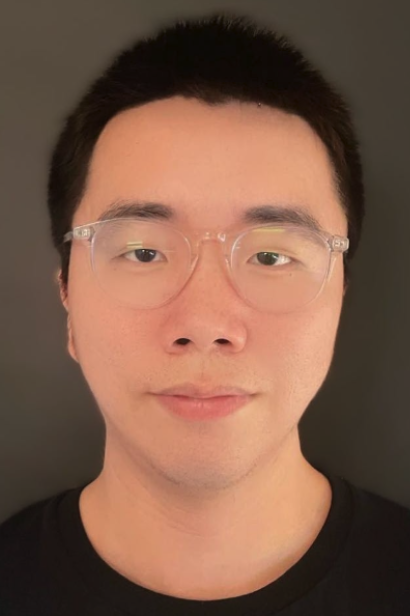 |
Zhenghao Chen |
|
The University of Newcastle |
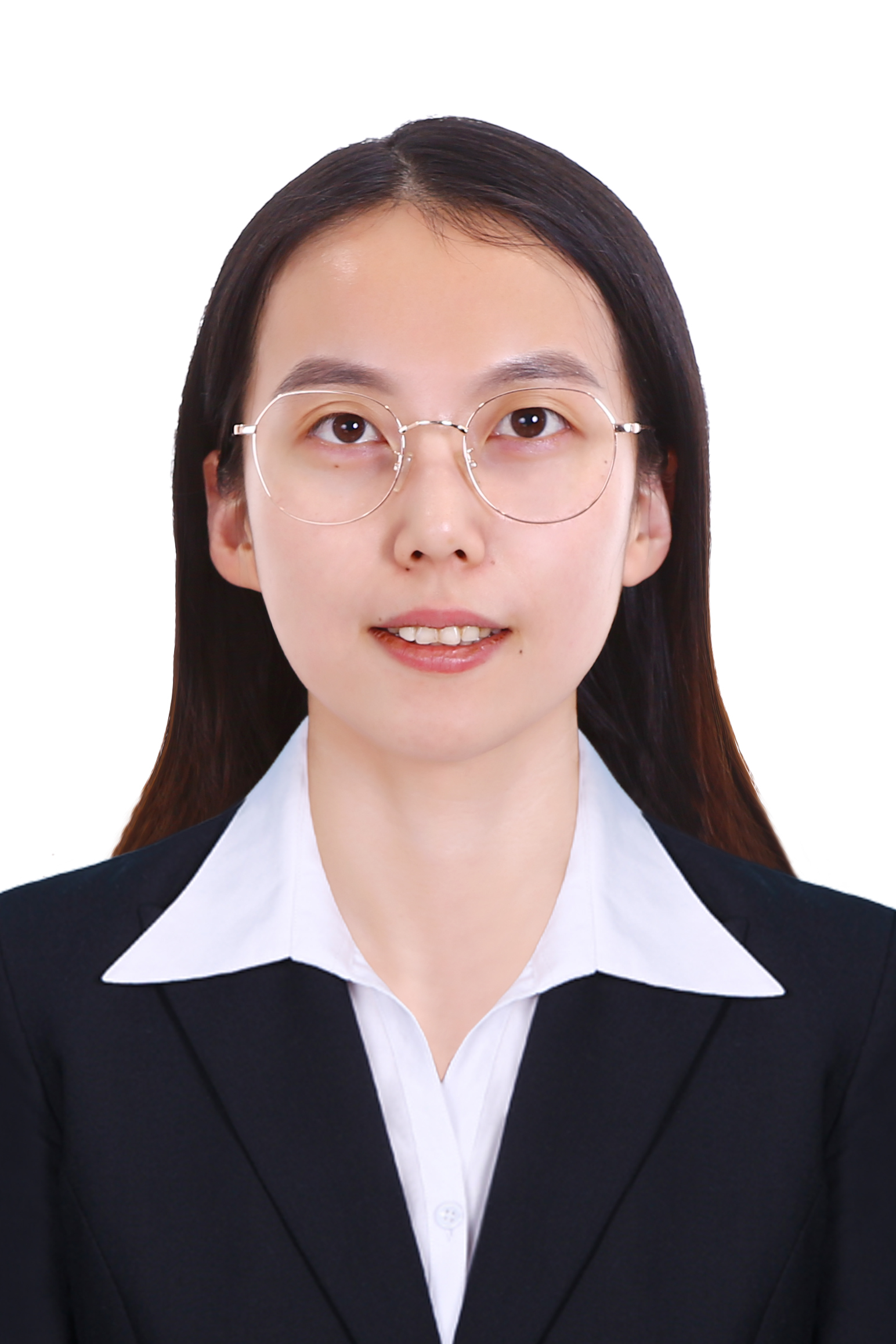 |
Yuqing Ma |
|
Beihang University |
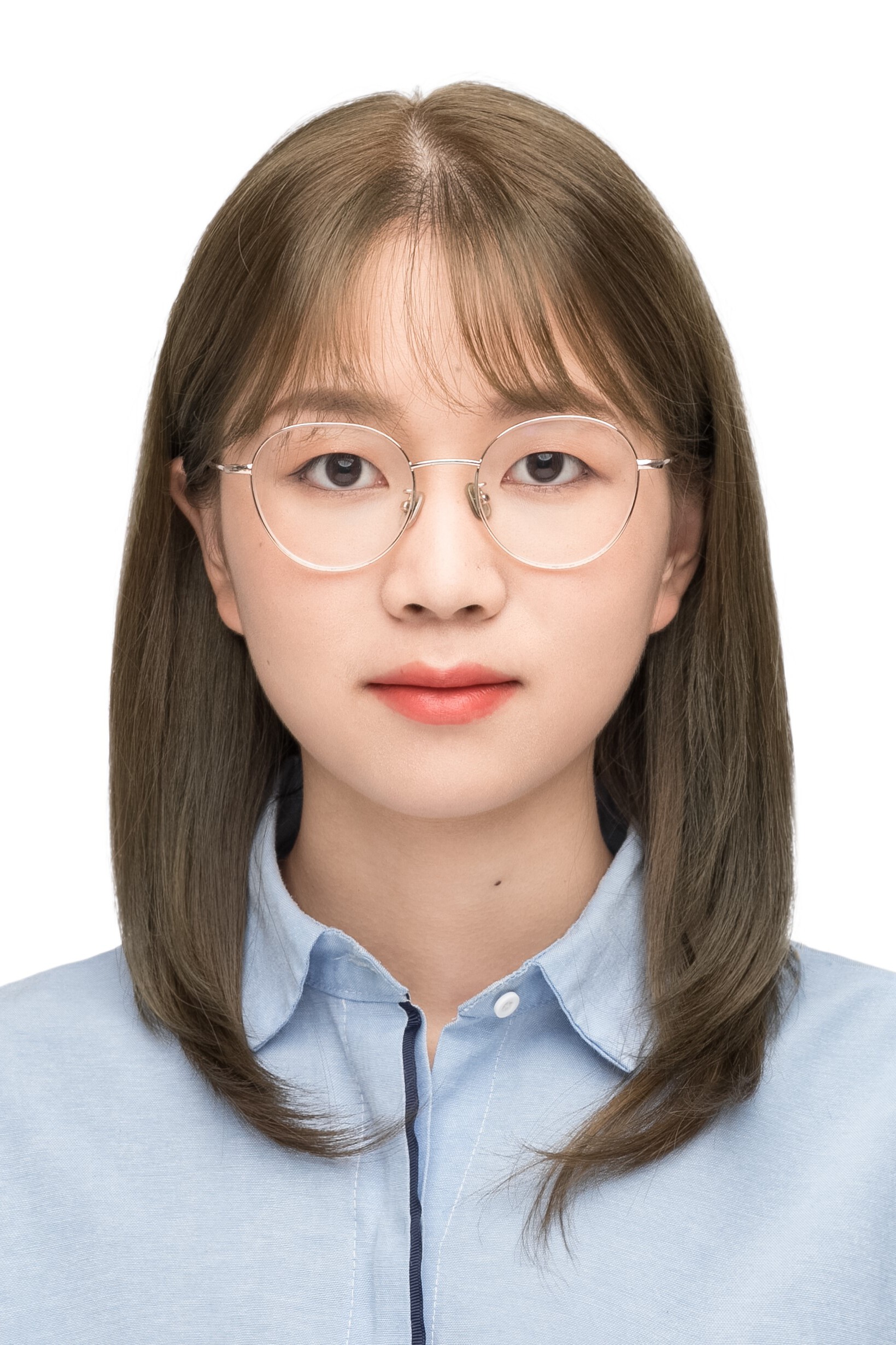 |
Yifu Ding |
|
Beihang University & Nanyang Technological University |
 |
Xianglong Liu |
|
Beihang University |
 |
Jinman Kim |
|
The University of Sydney |
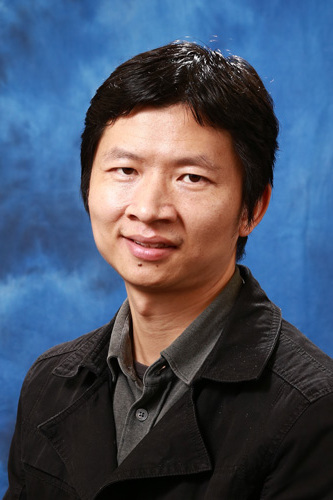 |
Wanli Ouyang |
|
Shanghai AI Laboratory |
 |
Dacheng Tao |
|
Nanyang Technological University |
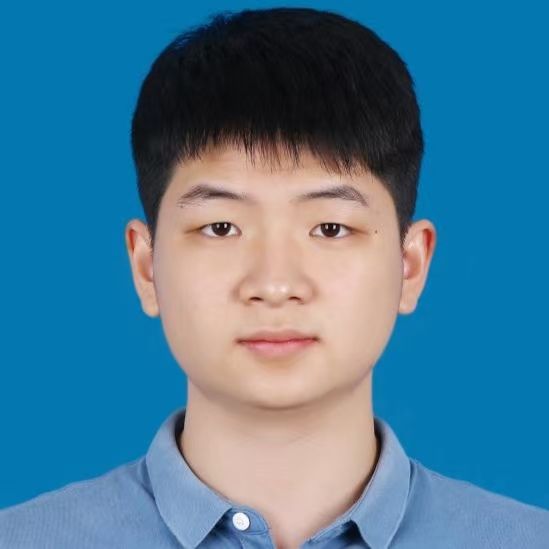 |
Yejun Zeng |
Beihang University |
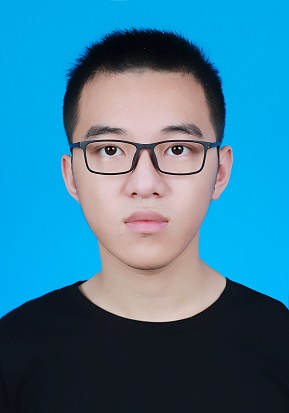 |
Jiacheng Wang |
Beihang University |
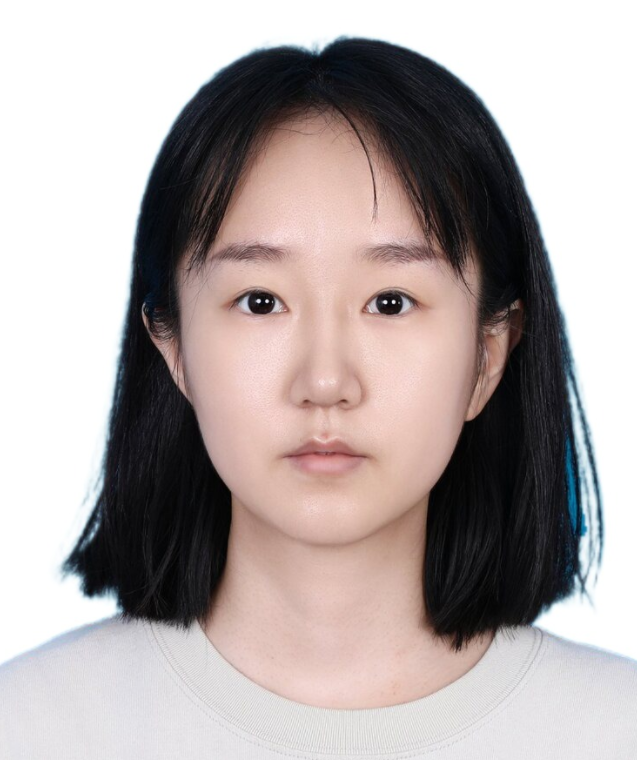 |
Yanan Zhu |
Beihang University |
1st International Workshop on Efficient Multimedia Computing under Limited Resources @ ACM MM 2024